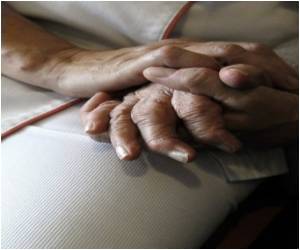India is witnessing an innovative effort for patients with Alzheimer’s disease through a tele-dementia care unit introduced by the Nightingale Centre for Ageing and Alzheimer’s (NCAA).

The NCAA’s backlog of follow-up procedures – it could cover only 25 out of the 300 people who had been screened – would be quickly dealt with through the tele-dementia care unit, reports consultant psychiatrist Dr Soumya Hegde.
Another advantage of the mobile unit is the accessibility that caregivers have to medical guidance and support group meetings, where their concerns are answered, without having to leave their homes.
The managing trustee Dr Radha Murthy has stated that the mobile unit will benefit by linking contact with patients in rural areas and in nearby towns where there is a dearth of psychiatrists and consultants.
Dr Ashok Dalwai, deputy director-general, Unique Identification Authority of India, talked about reaching out to vulnerable groups like people with dementia or Alzheimer's through an efficient collection of data and documentation.
“With a retina scan and fingerprint match, it will remove duplication and help the government reach out to those in need,” he said. He also gave the assurance that this data will not be accessible to everyone, and so the privacy of an individual is not threatened.
NCAA is working on getting technical support from Indian Space Research Organisation (ISRO) to have accessibility.
Source-Medindia
 MEDINDIA
MEDINDIA



 Email
Email








